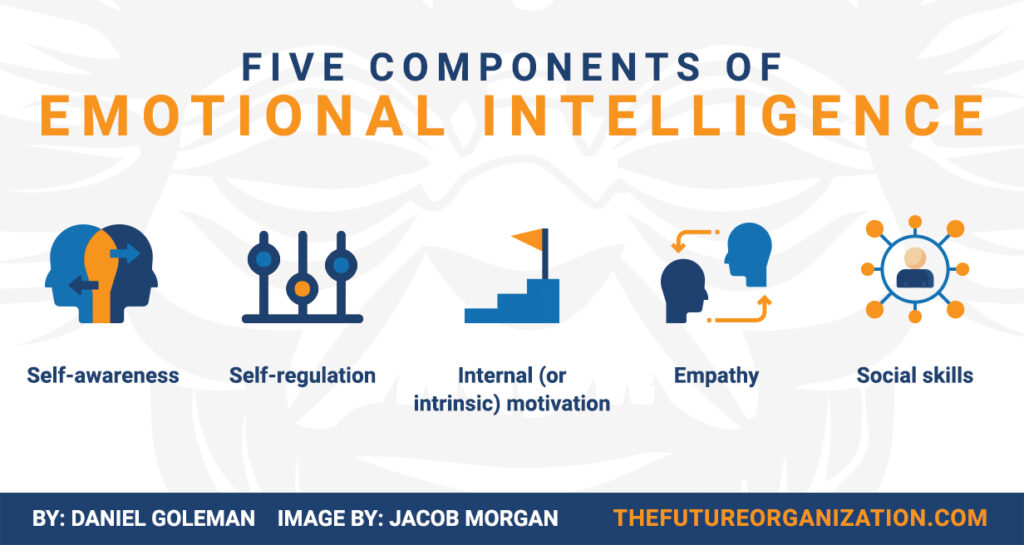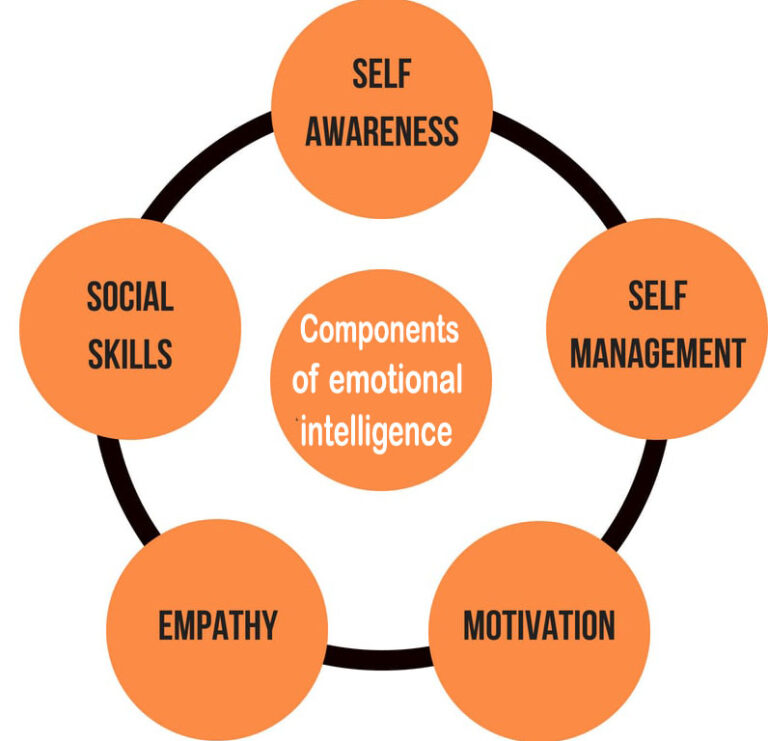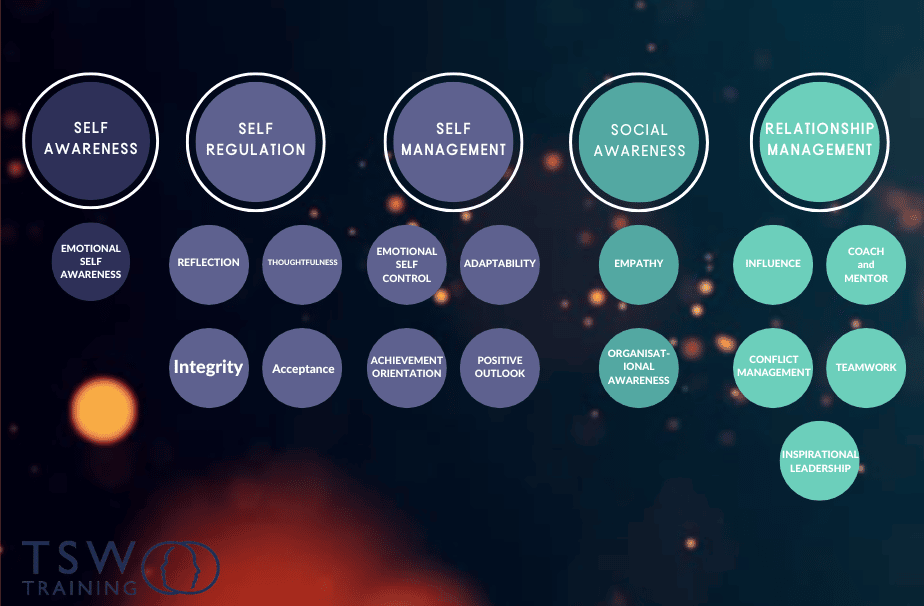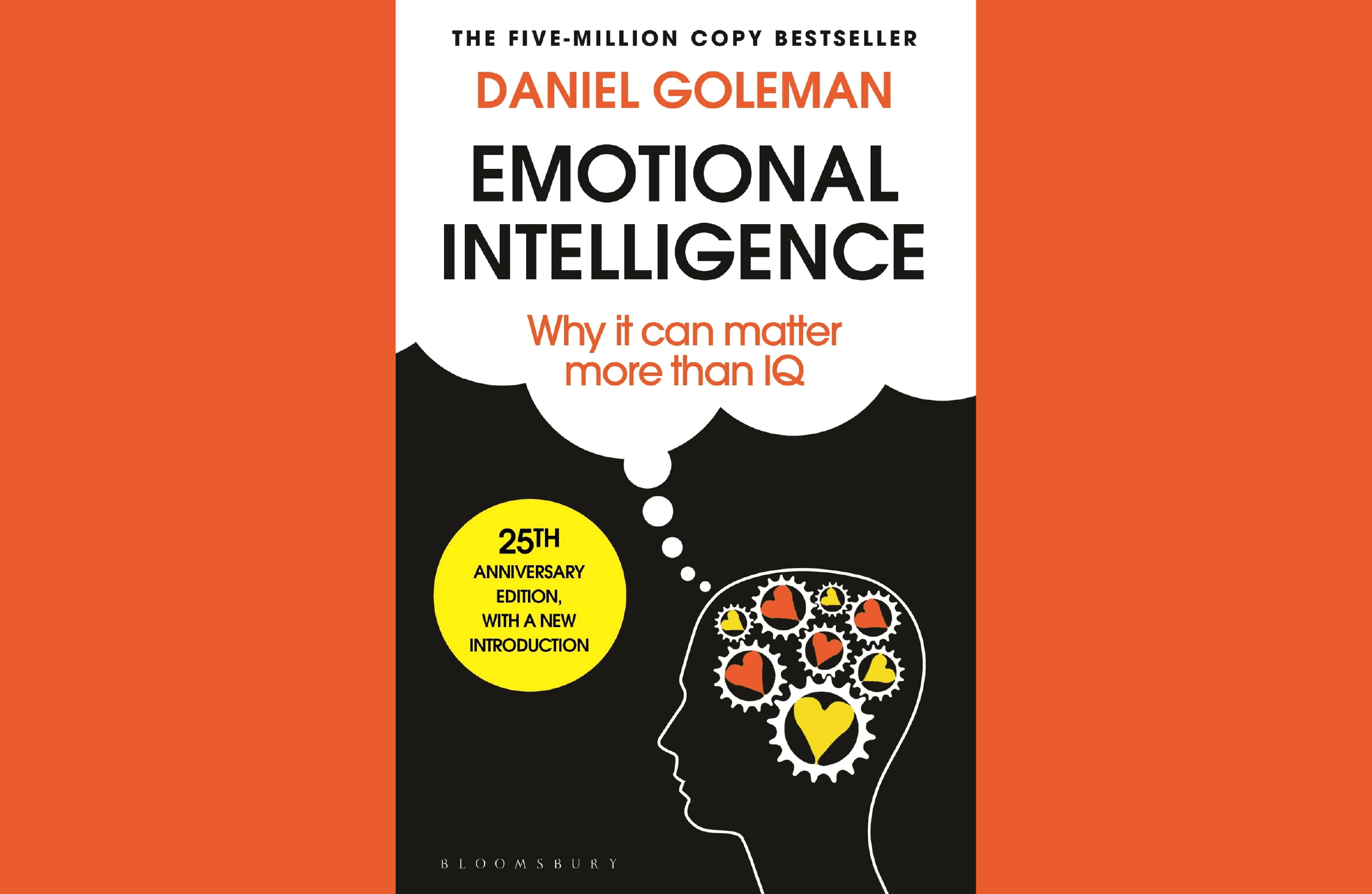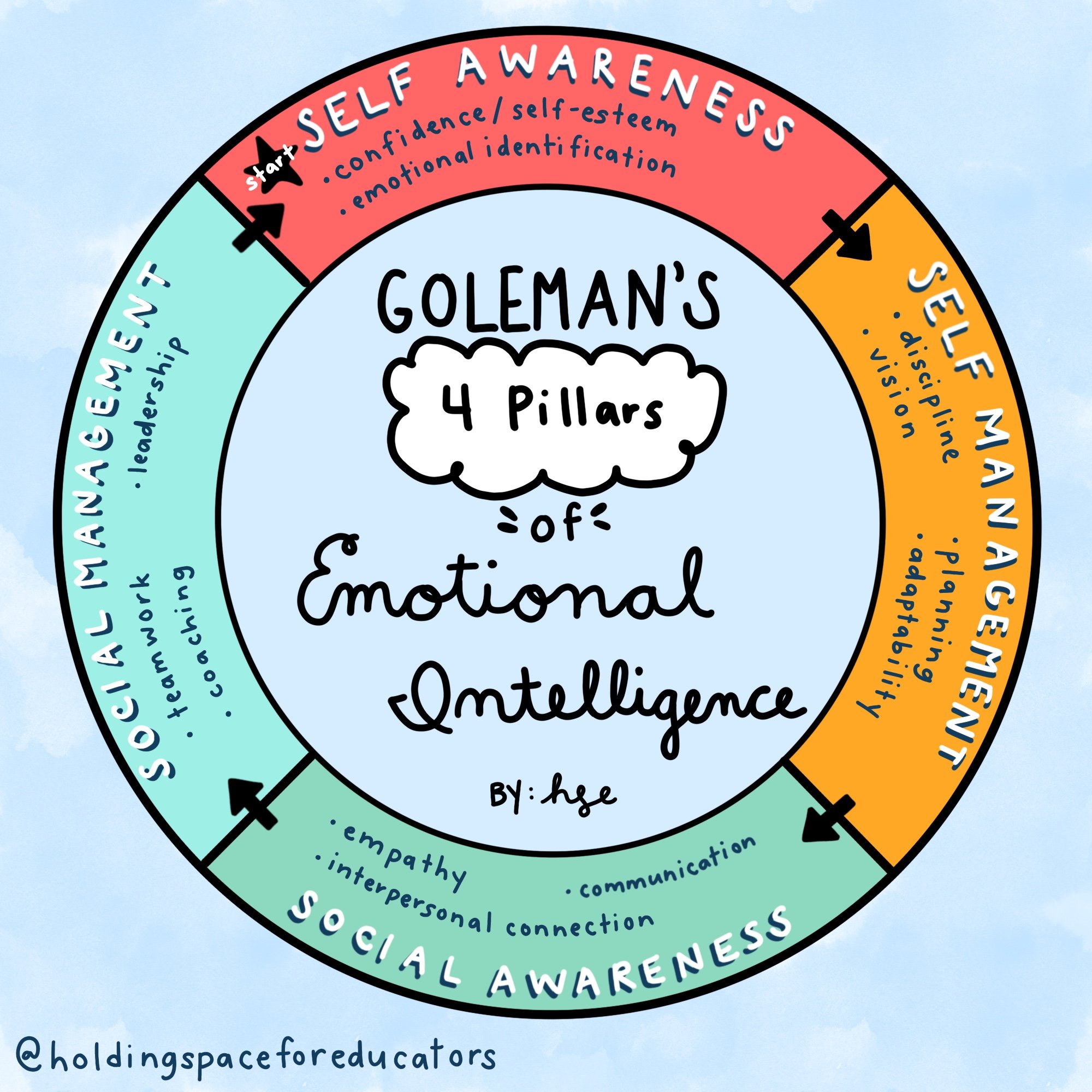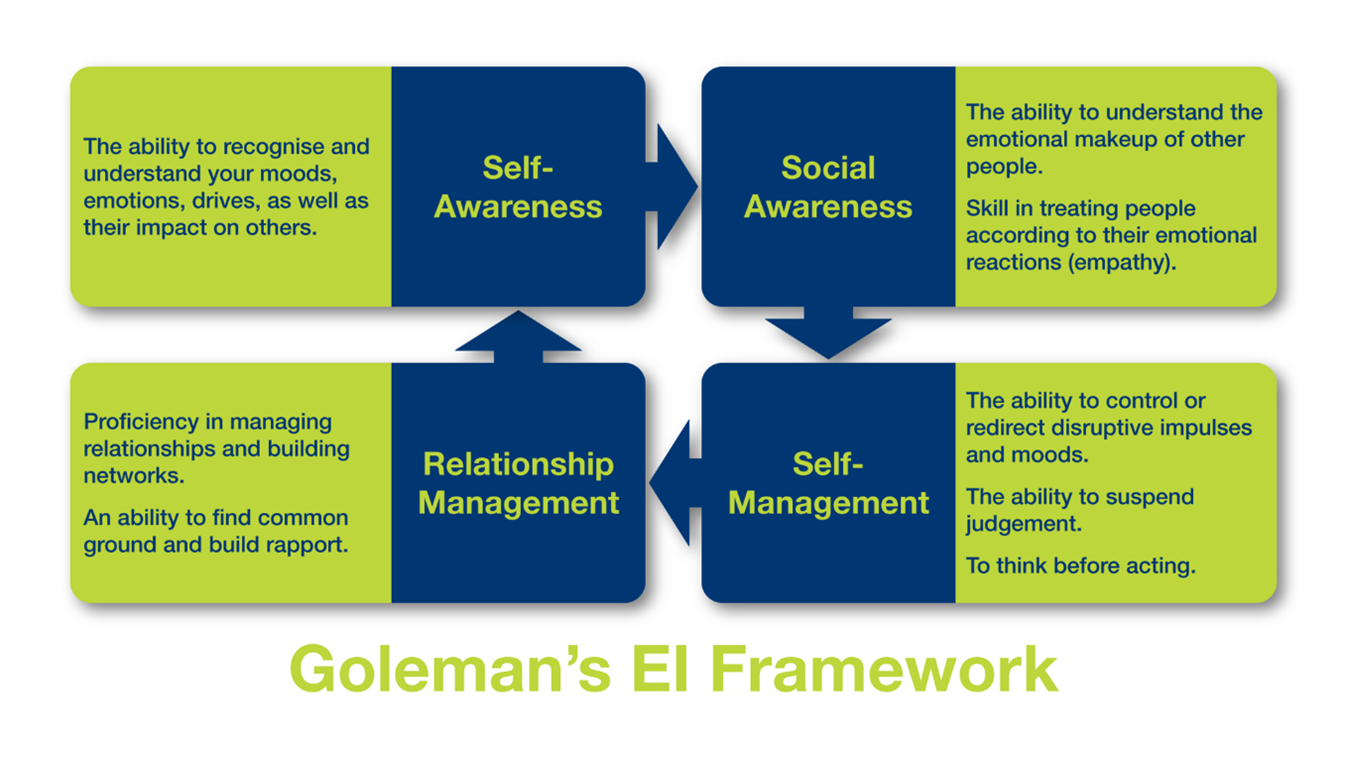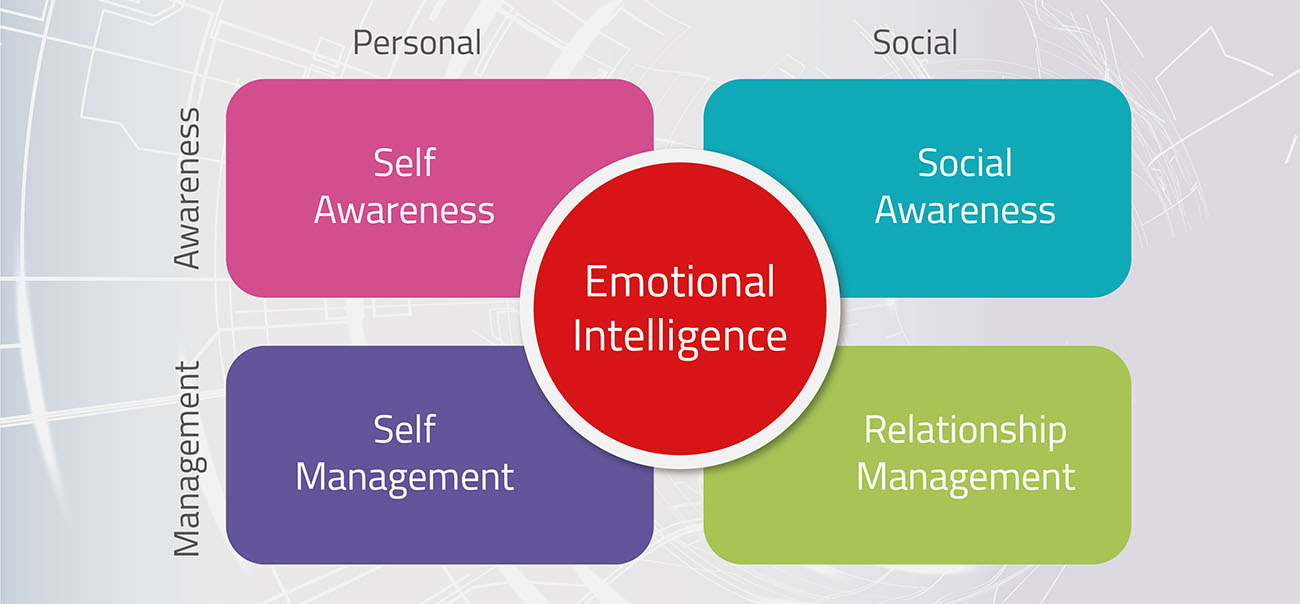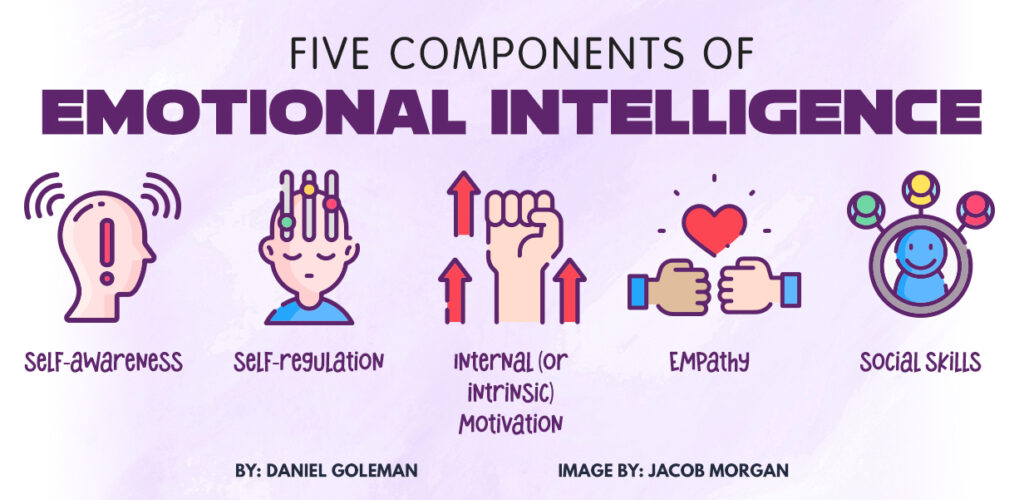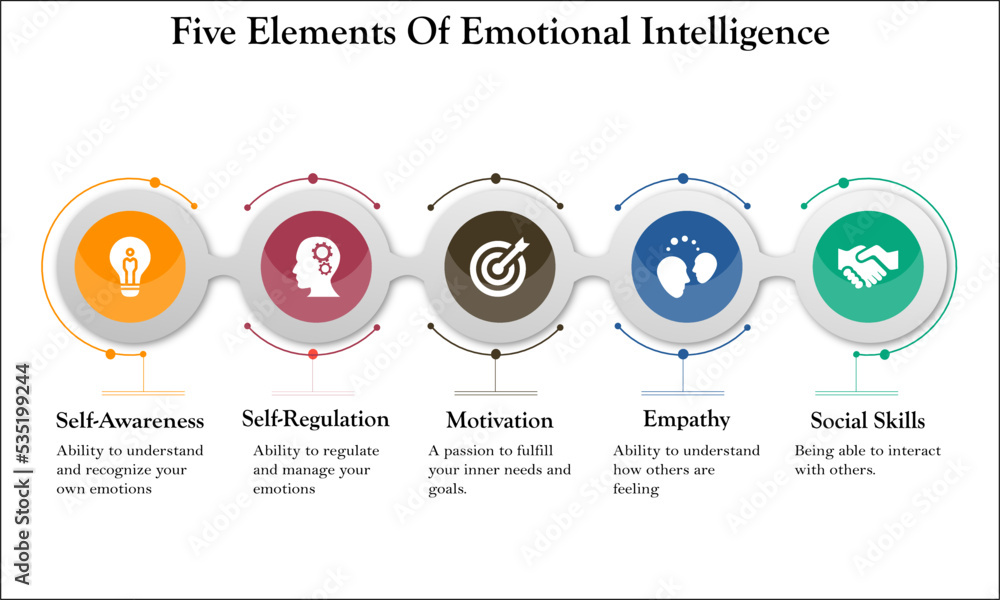5 Element Daniel Goleman Emotional Intelligence
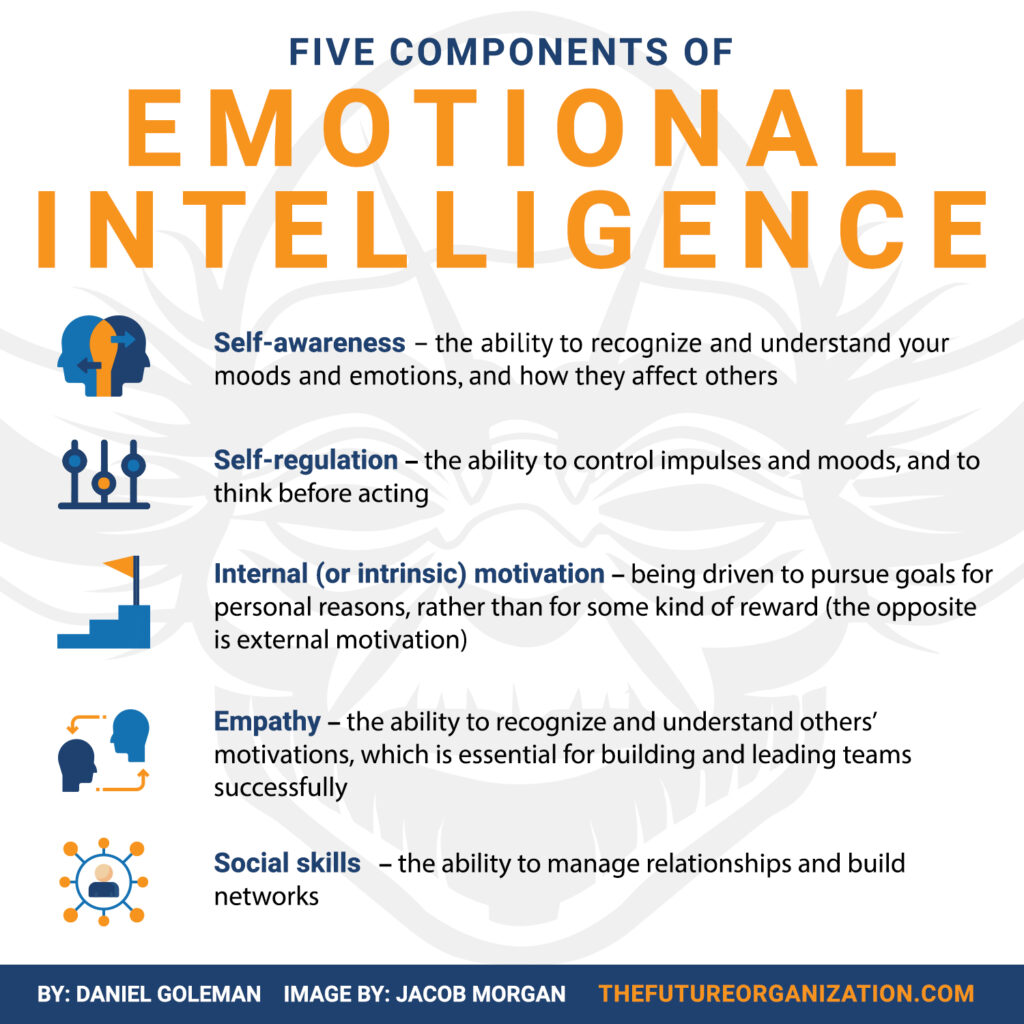
The concept of Emotional Intelligence (EQ), popularized by Daniel Goleman in the mid-1990s, continues to reshape leadership paradigms and influence workplace dynamics. While Goleman initially framed EQ around four key components, subsequent research and application have expanded it into a more nuanced understanding, sometimes referred to as the "5 Element Model." This updated framework emphasizes self-awareness, self-regulation, motivation, empathy, and social skills as essential pillars of effective interpersonal relationships and professional success.
The evolution of Goleman's EQ model from four to five elements reflects a growing recognition of the intricate interplay between individual emotions and social context. This shift highlights the importance of not only understanding one's own emotional landscape but also navigating the emotional currents of group dynamics. By expanding the framework, practitioners aim to cultivate more well-rounded and adaptable leaders capable of thriving in complex environments.
The Core Elements Explained
The 5 Element Model of Emotional Intelligence, stemming from Goleman's work, provides a structured approach to understanding and developing crucial interpersonal competencies. These elements form the foundation for effective communication, collaboration, and leadership across various sectors.
Self-Awareness: Recognizing Your Emotions
Self-awareness is the cornerstone of EQ. It involves the ability to understand your own emotions, strengths, weaknesses, values, and goals, and recognize their impact on others.
Individuals with high self-awareness are often more confident, decisive, and resilient in the face of challenges.
Self-Regulation: Managing Your Emotions
Self-regulation builds upon self-awareness by enabling individuals to manage their emotions and impulses effectively. This involves controlling disruptive emotional reactions and adapting to changing circumstances with composure.
Effective self-regulation is crucial for maintaining positive relationships and navigating stressful situations with grace.
Motivation: Intrinsic Drive and Goal Orientation
This element centers on leveraging emotional tendencies to guide and facilitate progress toward personal and professional goals. Intrinsic motivation, in particular, plays a crucial role.
People with high EQ are driven by a deep internal desire to achieve, rather than external rewards or recognition.
Empathy: Understanding Others' Emotions
Empathy is the ability to understand and share the feelings of others. It involves considering others' perspectives, recognizing their emotional states, and responding with compassion and understanding.
Empathy is a cornerstone of strong interpersonal relationships and effective leadership.
Social Skills: Building Relationships
The final element encompasses a broad range of interpersonal skills that facilitate effective communication, collaboration, and conflict resolution. It includes active listening, persuasion, negotiation, and teamwork.
Strong social skills are essential for building and maintaining positive relationships, fostering teamwork, and navigating complex social dynamics.
Impact and Application
The 5 Element Model of EQ has been widely adopted across various industries, including business, education, and healthcare. Organizations use it to improve leadership development, enhance team performance, and create more positive and productive work environments.
Educational institutions are increasingly incorporating EQ training into their curricula to help students develop essential life skills. Health care providers are also leveraging EQ to improve patient care and enhance communication between medical staff.
While Goleman's work on EQ has been praised for its practical implications, some researchers have questioned the validity of measuring emotional intelligence as a quantifiable trait. Critics argue that emotional skills are highly context-dependent and difficult to assess objectively.
Despite these criticisms, the 5 Element Model continues to provide a valuable framework for understanding and developing essential interpersonal competencies.
Looking Ahead
As the workforce becomes increasingly diverse and interconnected, the importance of Emotional Intelligence is only expected to grow. Understanding and developing these five core elements will be essential for leaders and individuals seeking to thrive in a rapidly changing world.
Further research and application of Goleman's 5 Element Model promise to unlock new insights into human behavior and pave the way for more effective communication, collaboration, and leadership in the years to come. The ongoing evolution of EQ reflects a commitment to understanding the complex interplay between emotions and social dynamics in all aspects of life.


